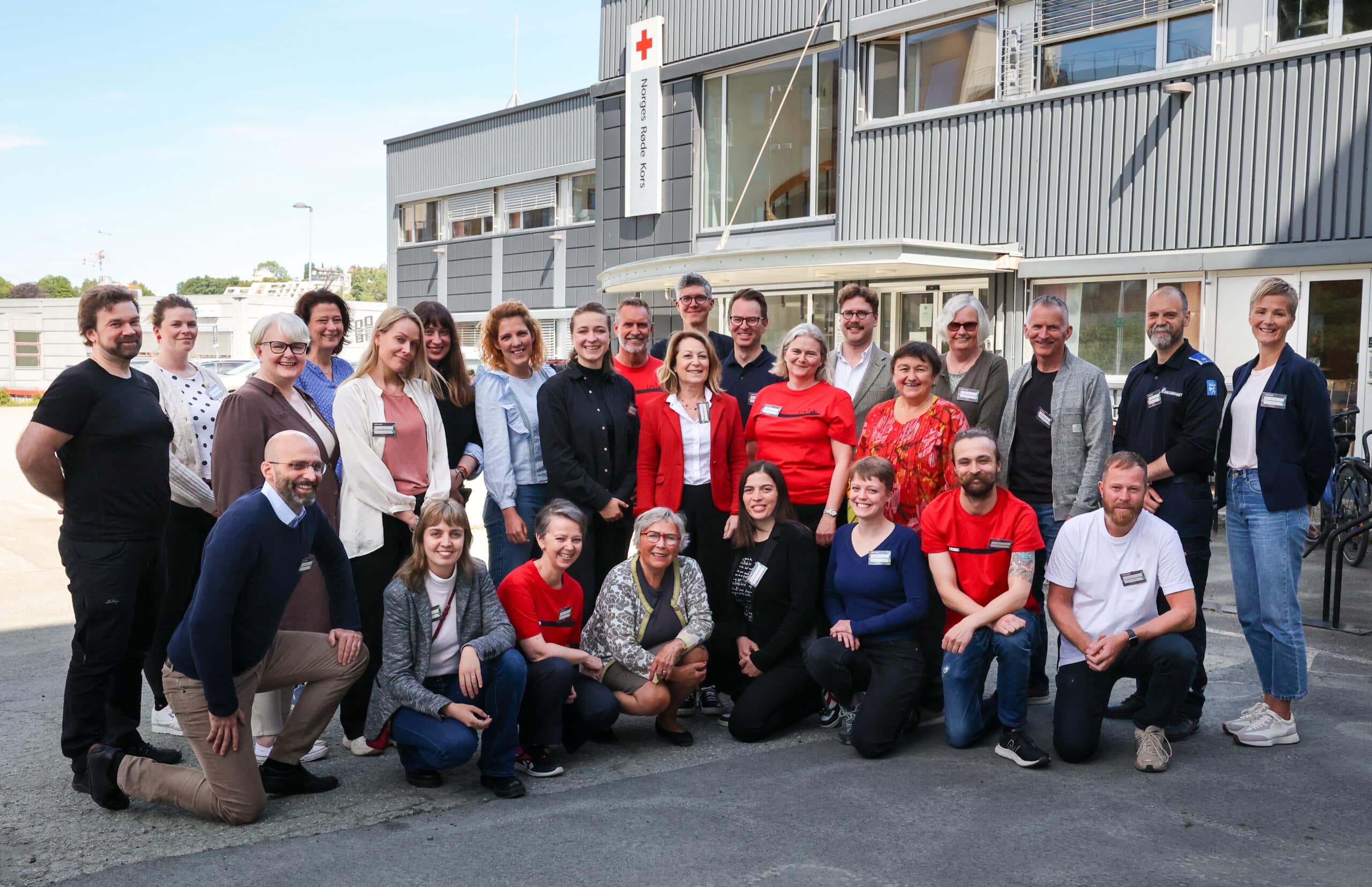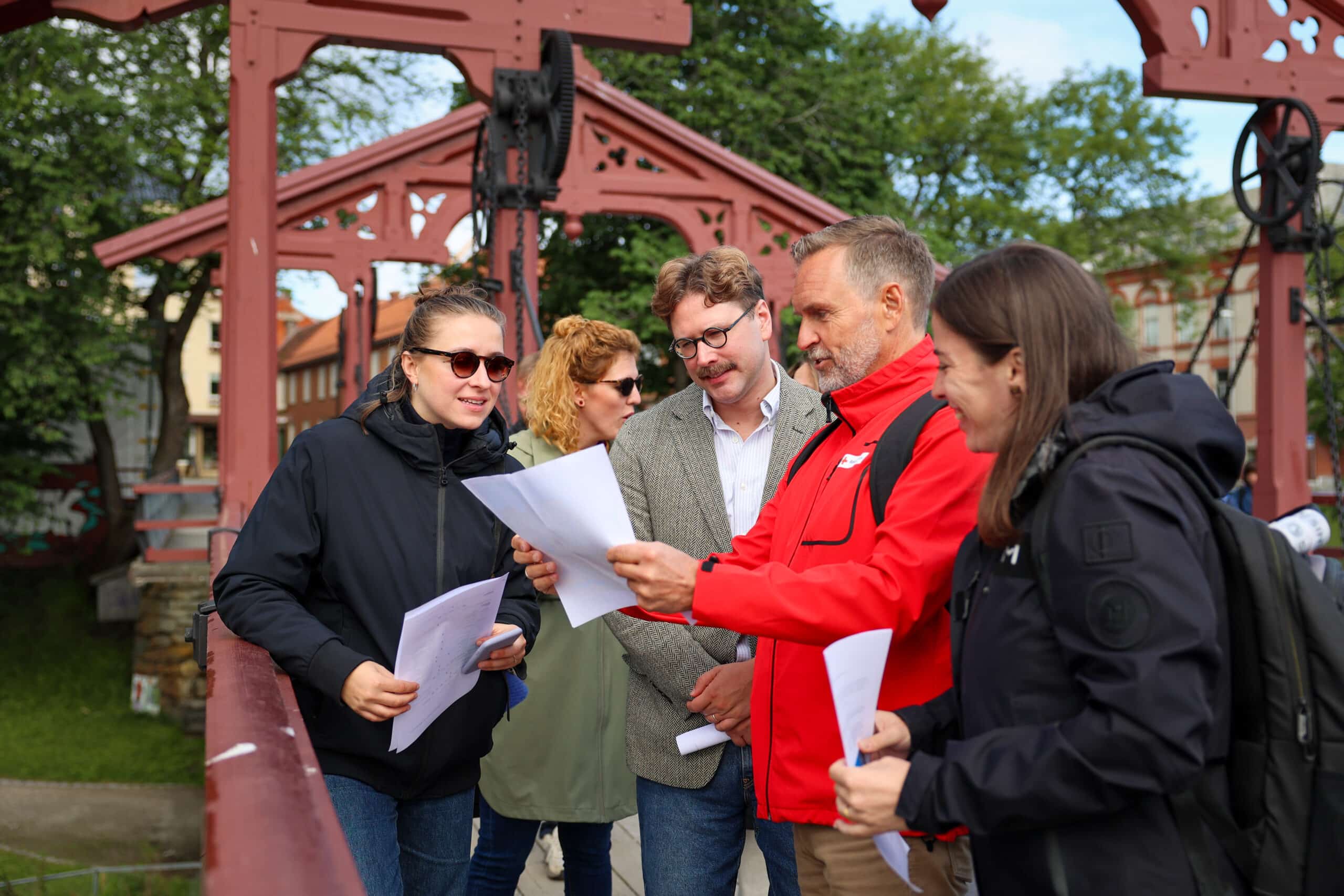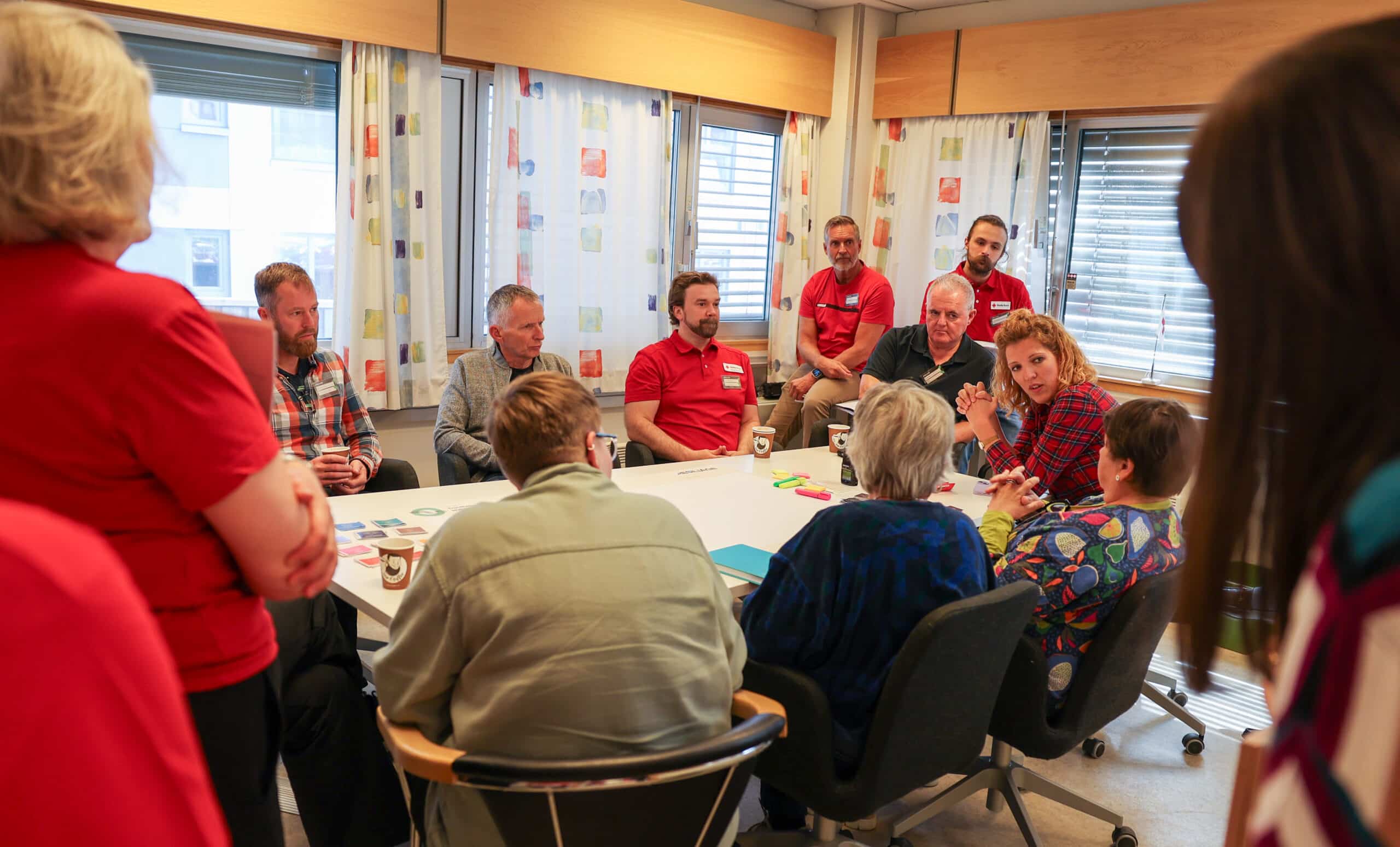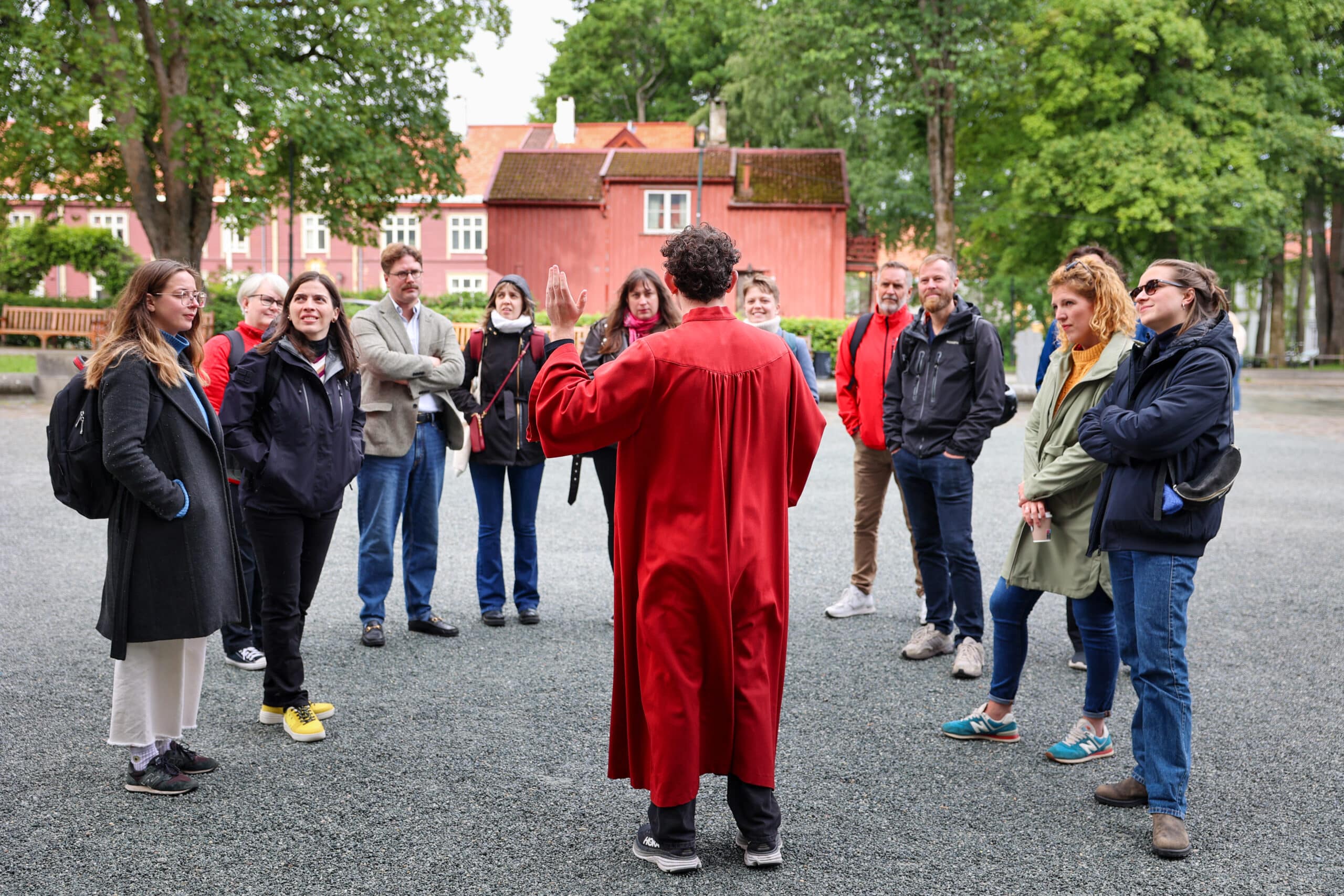Finishing the first round of onsite activities in Trondheim

On June 12th and 13th, the Trondheim Red Cross led a pivotal two-day workshop in Trondheim, Norway, gathering 18 key participants from an array of local institutions. This initiative brought together representatives from SINTEF, the Sicil Defence Guard, the Norwegian Women’s Health Association, the Museums in South Trondelag, the Red Cross, NTNU, Pådriv (an organisation dedicated to accelerating and enhancing sustainable urban development) and Trondheim’s municipality, fostering a collaborative approach to enhance community resilience and emergency preparedness.
The event was inaugurated with opening remarks by the RESILIENCE project team from the Trondheim Red Cross, setting the tone for a series of impactful sessions centered on enhancing local cooperation. The first day featured in-depth presentations on cutting-edge scientific research and innovative tools essential for crisis management, highlighting proactive strategies to handle disasters effectively.

A major highlight of the day was the launch of the RAISE tool. This innovative tool represents a significant advancement in crisis management, designed to aid communities in effectively responding to various emergencies through improved cooperation and communication.
Further discussions and sessions on the first day explored vital strategies for local cooperation and communication during crises, crucial for bolstering how communities enhance resilience and devise effective response strategies through joint efforts.

The following day continued to delve into the utilization of cooperative strategies and local insights. Workshops and interactive discussions emphasized the importance of cultural heritage in reinforcing community resilience, illustrating how an understanding of historical and cultural contexts can strengthen community reactions to emergencies.
Participants engaged in practical exercises and analyzed case studies that integrated cultural assets into disaster readiness plans. These activities underscored the necessity to preserve and harness local traditions and historical insights during crisis situations.
The workshop concluded with detailed discussions on the next steps for future initiatives and reinforced the commitment to continual collaboration and improvement of resilience strategies within the community. Participants left the event with a renewed sense of purpose and a comprehensive roadmap for enhancing local resilience through sustained inter-organizational cooperation and community engagement.
